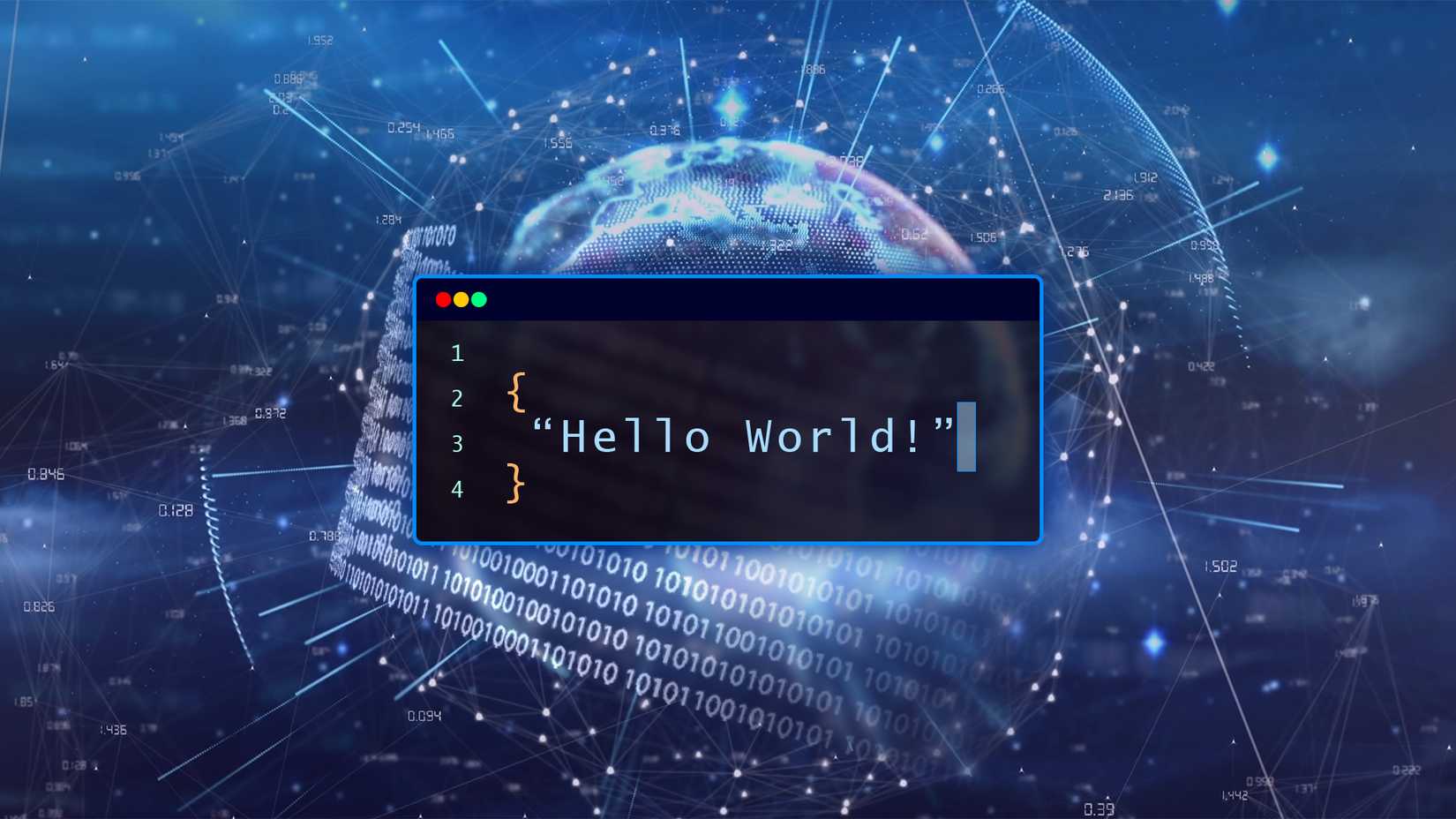Have you ever wanted to build your own Android app? I have, and I recently made the choice to start down the journey of Android development once again.
While I used to build Android software over a decade ago, it’s been quite a while and a lot of things have changed since the last time I compiled an Android app. The great part is, with the help of AI (and much better code documentation than before), it’s easier now than ever to get started with building Android apps.
The app I wanted just didn’t exist
There’s an app for just about everything—except for a few things that I can’t find an app for. I’m sure you’ve been in that scenario too. I can’t tell you how many times I’ve gone to the Play Store or App Store to look for an app, only to find that it doesn’t exist. Or, it doesn’t exist in the way that I want it.

Everything I Wish I Knew Before Taking My First Programming Class
Taking the class is only half the battle.
Whatever the case may be, there are a few apps right now that I wish existed, and I can’t find them—so I decided it was time to get back into development and build my own app. Building my own app will let me fully customize the experience and feature set to my needs, even if nobody else finds the app useful.
I’m currently doing development with homelab
If you haven’t seen any of my homelab posts before, I run a pretty sizable set of servers at my house. Most run Linux, and there’s quite a bit of development that goes on in my homelab. From writing in YAML for Home Assistant or my Homepage dashboard, to figuring out why a Docker container stopped working, I’m already doing plenty. I just haven’t built my own app from scratch for it yet. Though, that could be a good idea down the road.
Since I have all this going on, I figured I’d branch out to something a bit more useful and universal. Programming landing pages for my homelab is great, but building an app that could potentially benefit other people is even better.

5 Things I Wish I Knew When I First Learned Programming
Don’t make the same mistakes.
The great part is, I already have an environment set up to build Android apps. I just had to download Android Studio to begin the process, and it was pretty straightforward to get it set up.
Taking on a new challenge
I’ve gone through various challenges in my development journey over the years. I first started to build applications back in 2011, eventually moving on to building Android ROMs. However, I haven’t done any “real” development since 2015—a decade ago. Basically, just enough to keep my developmental skills slightly active, but not enough to be fluent. However, since I’ve kept my skills slightly sharpened, I’m in a great position to dive back into development head-first.

This IDE Actually Made Me a Better Programmer
One IDE to rule them all. You won’t want to use anything else.
I love taking on new challenges, and building out my homelab was that challenge up until recently. Now, the next challenge will be development. I’m starting with Android development because it’s open and relatively easy. If I decide to publish my app, it’s a one-time $25 fee to submit to the app, which is way more affordable than Apple’s annual $99 fee, making Android the obvious choice for me.
Plus, I am more familiar with Android development than Apple. I already mentioned I used to build Android ROMs, which somewhat translates over to building Android apps. Kotlin and Jetpack Compose are very different languages than I’m used to, but the overall framework still feels somewhat familiar—and thus the challenge is born.

Why you should ditch tutorials for real problems
Facing actual coding challenges head-on is the key to being a great developer.
One of the aspects of developing an app in 2025 that I’m most excited about is the use of AI. While I don’t plan to vibe code the entire app, being able to ask a coding AI assistant questions about why my code doesn’t work is a lifesaver. No longer am I scouring for obscure forum posts hoping someone else ran into a similar problem to me—I just ask ChatGPT or Claude or Gemini the question and paste both my error and code.
While AI-generated code doesn’t always work first try, it does give me the ability to advance much faster than in the past. There are definitely still times when I have to stop and do deeper research, or call on friends who build Android apps for a living. However, with the prevalence of AI, as well as much better code documentation than I’m used to from a decade ago, building Android apps has never been easier, and I’m so excited for it.
While I’m starting fresh on my Android development journey, I’ve already learned a lot of things. One mistake I made early on was trying to build my app in a cross-platform language, but I quickly realized that was a bad idea.
I’m planning to make productivity apps and not games, but if you’re the opposite of me and want to make the next Angry Birds, it’s not as hard as you think. There are several apps to help you on your game development journey, ranging from Unity to unique tools like GDevelop.


